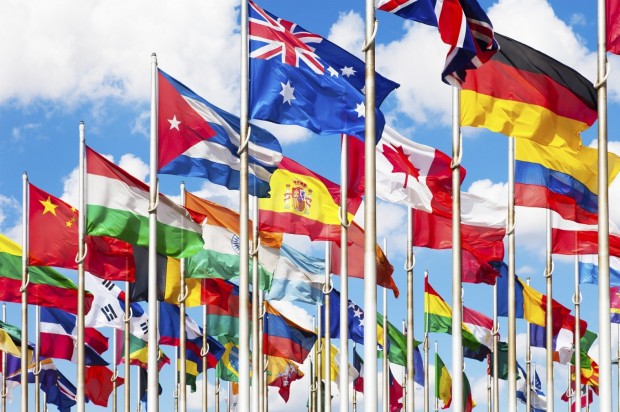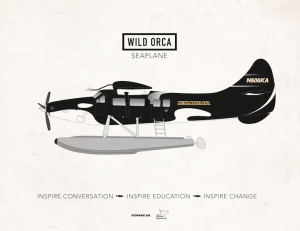The United Nations aids developing countries in their battle against poverty, and assists such countries towards achieving a stronger economy as there is a substantial lack of funding. Many people in countries such as Ethiopia do not possess the fundamental knowledge to support their community through local business. I believe that the United Nations, as it is enormous in size and helps a broad range of countries with varying issues, is unable to provide assistance on such a personal level that the Arc and social enterprise/social entrepreneurship can.
For example, Sauder’s Arc Initiative- a program that “facilitates a genuine two-way exchange of knowledge and business skills” (Sauder)- was able to provide an Ethiopian woman, Fitih Tesfaye, with the skills and inspiration to move into an untapped market and carve out her niche (Globe and Mail). This in turn, led to successful results in her local eatery and continues to be successful today.
I believe this example shows that smaller, more personal initiatives can make a large and lasting impression on African locals as they are able to provide skills, and in turn benefits, that simple funding cannot do. It is knowledge and experience that is needed in developing countries in order to provoke meaningful takeaways from organizations such as the Arc Initiative. I believe that it is the Arc and social enterprise that allows struggling locals to learn business models that will give them success, which will allow them to escape the poverty cycle.

Sources: Photo 1 (Featured Photo), Photo 2
*This blog is for Class Prep 20 and is not included in my 10 blogs to be graded








